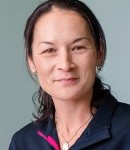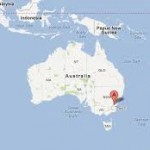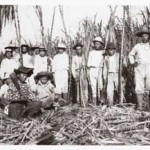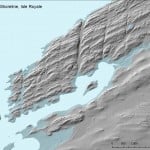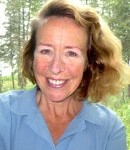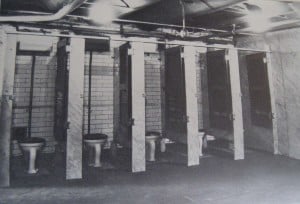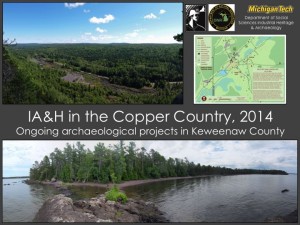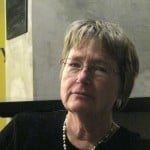 4:00 p.m. on Friday, February 13th in AOB 201.
4:00 p.m. on Friday, February 13th in AOB 201.
Mary Durfee will present on “Evaluating Conditions for the Development of the Arctic”.
ABSTRACT:
The crash in oil prices has changed much of the media’s discussion of the potential for the Arctic. Yet, of course, people live and work there, so the Arctic hardly disappears. Meanwhile the US will be taking over the Chair of the Arctic Council and has announced its themes, which are primarily oriented to technologies to cope with the changing environment. The EU is in the midst of consultation on its policy for the Arctic—despite considerable reluctance on the part of EU member states who are also Arctic states. And, of course, the economic collapse of Russia is in progress even as its policies in the Ukraine continue to provoke concern. This talk will evaluate proposed policy prerequisites made in the past decade about conditions necessary for the “development” of the Arctic.
